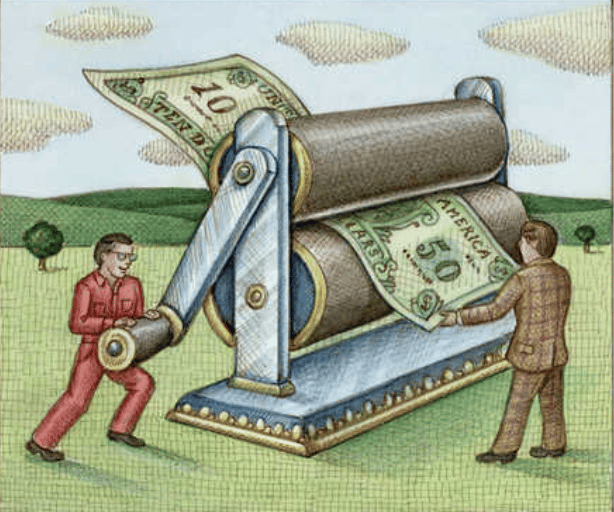According to the popular way of thinking, various economic data can provide an analyst with the necessary information regarding the state of the economy. It is held that by inspecting various economic indicators such as the gross domestic product or industrial production, an analyst could ascertain the state of the economic business cycle. Following the experts from the National Bureau of Economic Research (NBER), business cycles are seen as broad swings in many economic indicators, which upon careful inspection permit the establishment of peaks and troughs in general economic activity....














